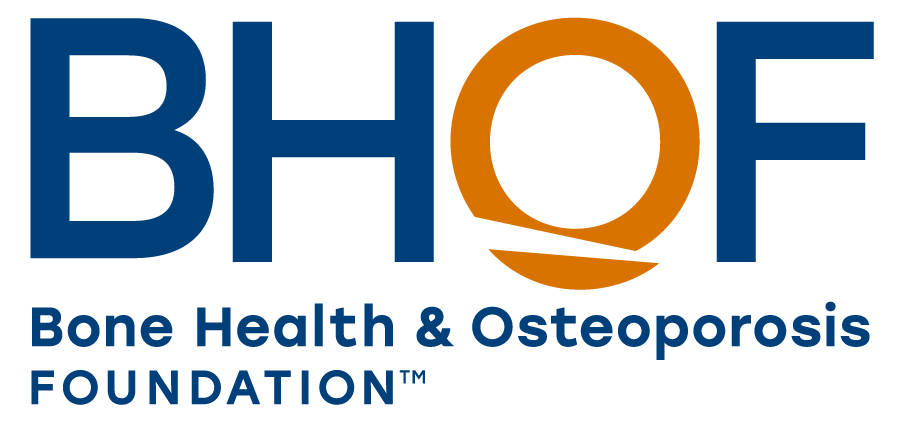What is the issue?
Many consumers are being lured by the advertised benefits of strontium for bone health. Supplements are increasingly available over the counter and through the Internet.
Strontium, which is a trace element found in seawater and soil, has a chemical similarity to calcium and can replace calcium in the bone.
Strontium Ranelate
A prescription form of strontium—strontium ranelate (the ranelate salt), known as Protelos/Osseor®— was authorized in the European Union to treat severe osteoporosis in women who have been through the menopause and men who are at high risk of broken bones or fracture in the spine and the hip.
Strontium ranelate acts through dual mechanisms of inhibiting resorption by osteoclasts and maintaining or stimulating bone formation by osteoblasts. It has shown only a modest effect in preventing recurrent vertebral fractures.
“Strontium… results in an overestimation (up to 50%) of the increase in bone density using DXA methods.”[3]
There were, however, significant increases in both heart attacks and blood clots (including pulmonary embolism) in patients taking strontium ranelate compared to those who were not. Strontium ranelate is associated with other harmful effects, including serious skin reactions, disturbances in thinking, seizures, liver inflammation, and reduced numbers of red blood cells.
On October 1, 2014 the European Medicines Agency’s Pharmacovigilance Risk Assessment Committee (PRAC) recommended that strontium ranelate (Protelos/Osseor, Servier) no longer be used to treat osteoporosis because of data demonstrating serious negative side effects.
“The PRAC weighed the benefits of the medicine against the known risks and concluded that the balance was no longer favourable and recommended Protelos/Osseor be suspended until there are new data showing a favourable balance in a defined patient group.”[1]
Les Laboratoires Servier ceased the distribution of Protelos/Osseor® in August 2017.
A generic, non-branded version of strontium ranelate, from Aristo Pharma Ltd., is still available in the U.K.[2] with a number of special warnings and precautions for its use. It is prescribed only for those who “would otherwise have no other suitable treatment to reduce their risk of broken bones.”[2]
Other forms of strontium
Strontium ranelate has never been approved in the U.S. The forms of strontium available over-the-counter in the U.S. or on the Internet are usually strontium citrate or strontium chloride. These forms are different from the ranelate compound and there have been no studies showing that they are safe or effective. Do not be misled by marketing materials that compare them to strontium ranelate.
Three good reasons not to take strontium
- Taking strontium supplements for any period of time is likely to make future bone density tests inaccurate. (Strontium may remain in the bones for as long as 7–10 years after the last dose.) Strontium has a chemical similarity to calcium and will replace calcium as the mineral in bone. Because strontium atoms are heavier than calcium atoms, swapping some of the calcium atoms with strontium atoms will make the bone mineral density appear to increase. This is not the same as making new bone. “Currently, we do not have a way to measure the false increase in bone density that results when you take a supplement or a medication that includes strontium.”[4]
- Strontium citrate and strontium chloride are supplements and are not tested or regulated by the Food and Drug Administrations (FDA). You do not know the effectiveness of the supplements. You do not know what amounts your body is getting when you take these supplements. You also do not know whether they can seriously harm you.
- Research from Europe suggests that patients on strontium ranelate may have an increased risk of heart attacks[1,3], blood clots,[1, 3] and serious skin reactions (DRESS syndrome)[3].
“…strontium is unlikely to have a net beneficial effect in osteoporosis and its use is declining as a consequence. It is not approved in the USA.“[3]
What can you do?
Calcium is still the best mineral for bone health. There are many safe food sources and if you are not able to reach your daily calcium requirements through your diet, you may need a supplement. Several types of calcium supplements are available are on the market in the U.S.
References
[1] “PRAC recommends suspending use of Protelos/Osseor.” 2014. https://www.ema.europa.eu/en/news/prac-recommends-suspending-use-protelososseor
[2] Royal Osteoporosis Society. “Strontium Ranelate returns to the UK as an osteoporosis drug treatment.” 2019
https://theros.org.uk/latest-news/2019-01-14-strontium-ranelate-returns-to-the-uk-as-an-osteoporosis-drug-treatment
[3] Bartl, R. & Bartl, C. The Osteoporosis Manual: Prevention. Diagnosis and Management. Springer, 2019.
[4] Simpson, Lani. Dr. Lani’s No-Nonsense Bone Health Guide. Hunter House, 2014.
Posted: 09/28/19; Revised: 09/25/20.
As a service to our readers, American Bone Health provides access to our library of archived content. Please note the date of the last review on all articles. No content on this site, regardless of date, should ever be used as a substitute for direct medical advice from your doctor or other qualified clinician

